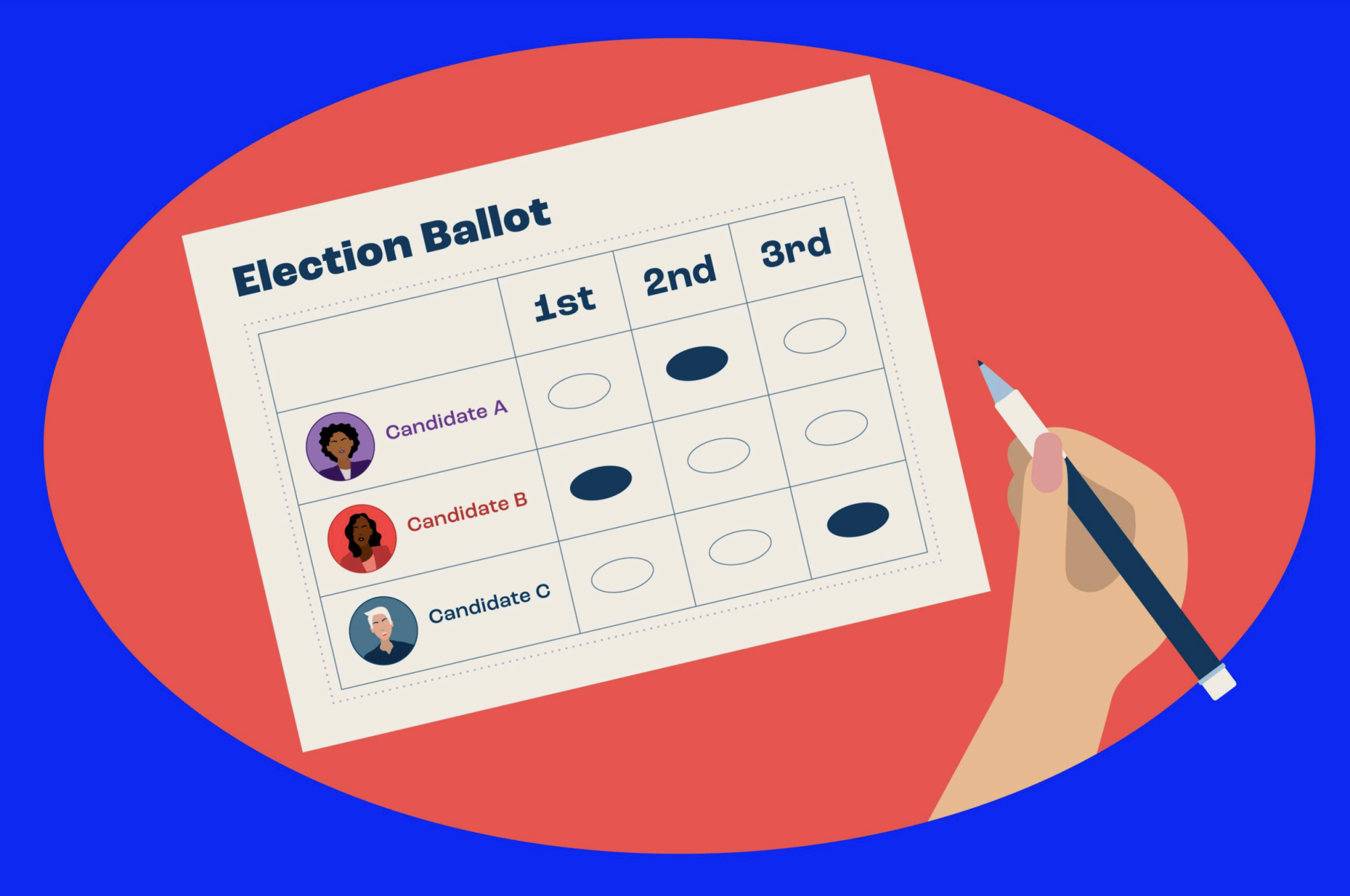
Organizers across Illinois advocate for ranked-choice voting in statewide elections, and a new Illinois legislative task force is assessing the idea.

Organizers across Illinois advocate for ranked-choice voting in statewide elections, and a new Illinois legislative task force is assessing the idea.
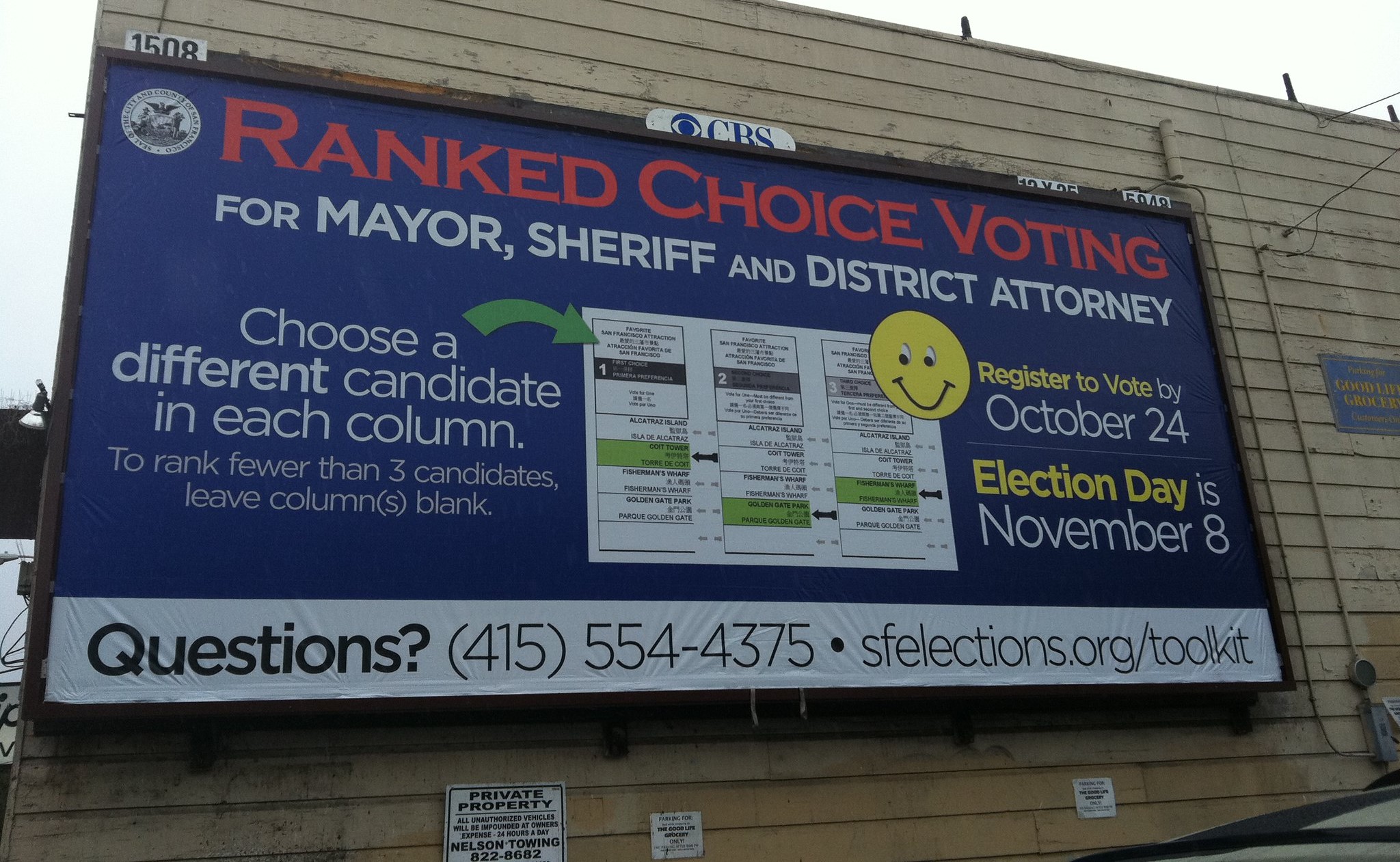
A new report by FairVote sheds light on the positive impacts of RCV on candidates and voters of color.
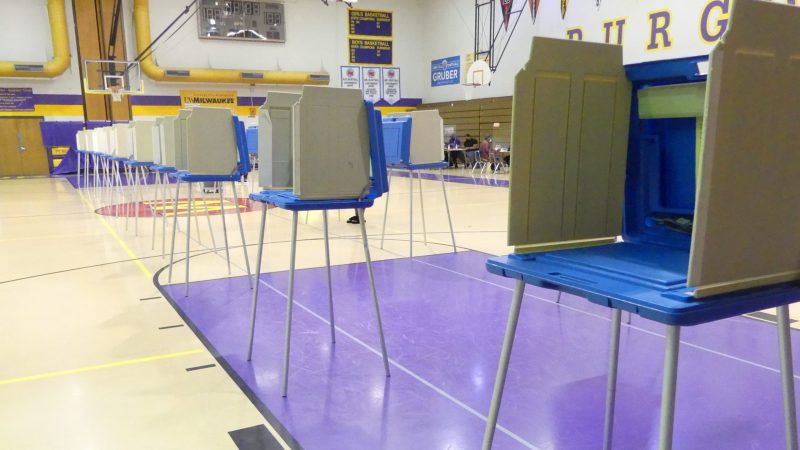
Proponents of a bipartisan bill to implement top-five primaries and instant runoff voting in Wisconsin congressional races argued the change would ensure the candidates with the broadest appeal end up in office. Meanwhile, others during Tuesday’s hearing criticized the process as confusing and argued the proposal would prevent all voters’ voices from being heard.
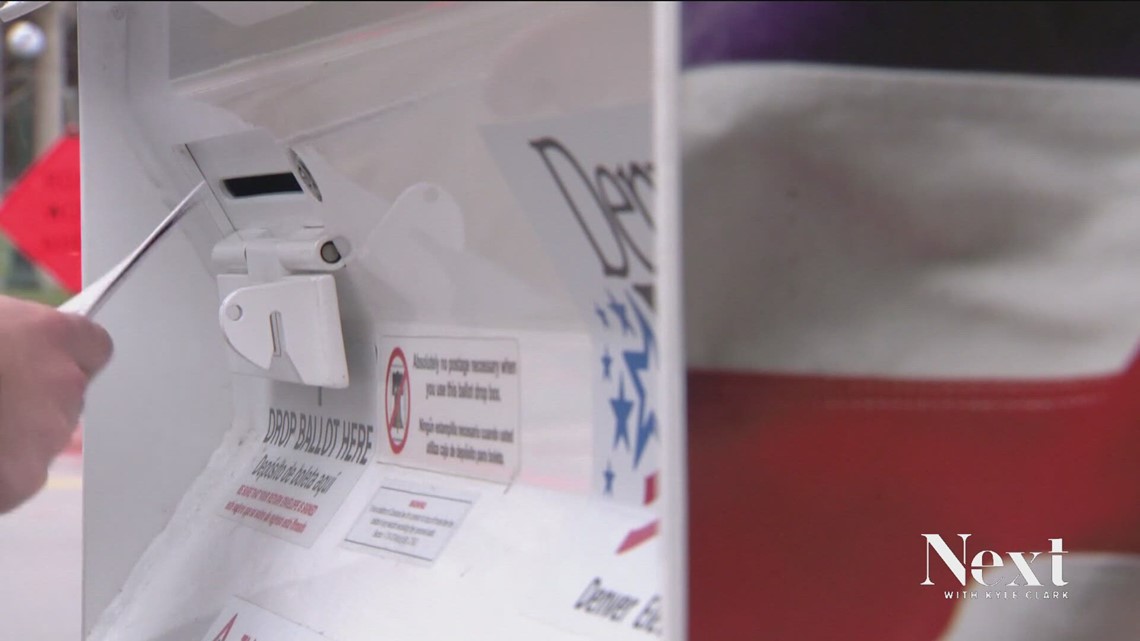
The next representatives may be picked by primary voters and confirmed in a less-than-competitive general election.
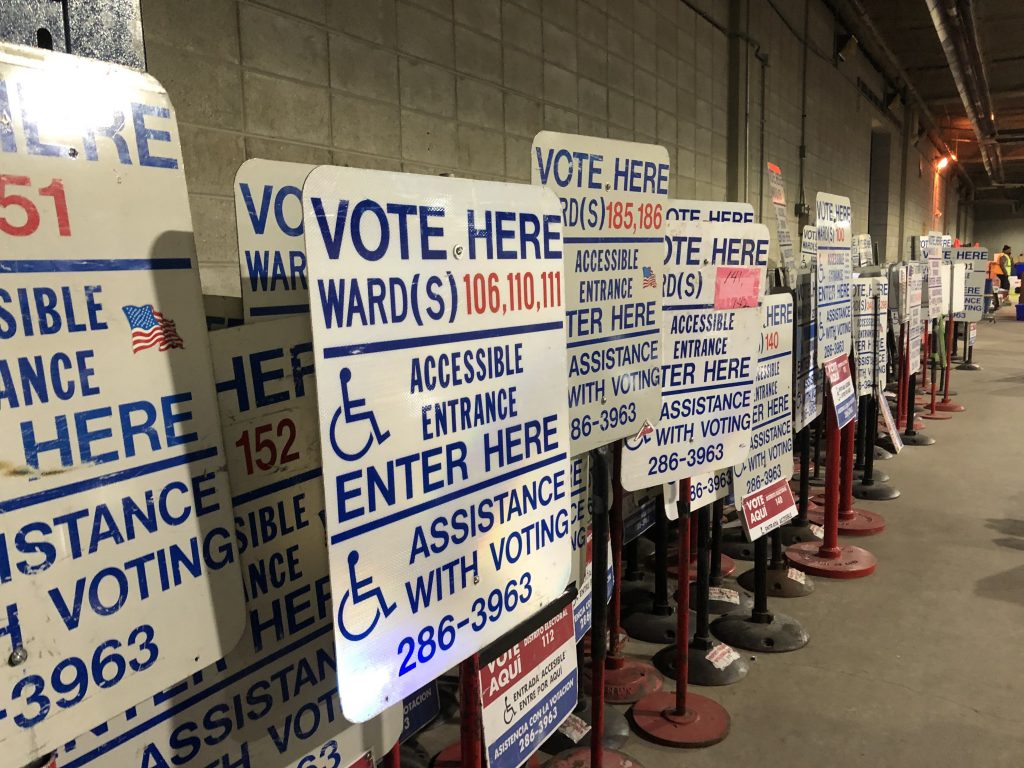
Bill before state Legislature has more support from Democrats, but could help both parties.
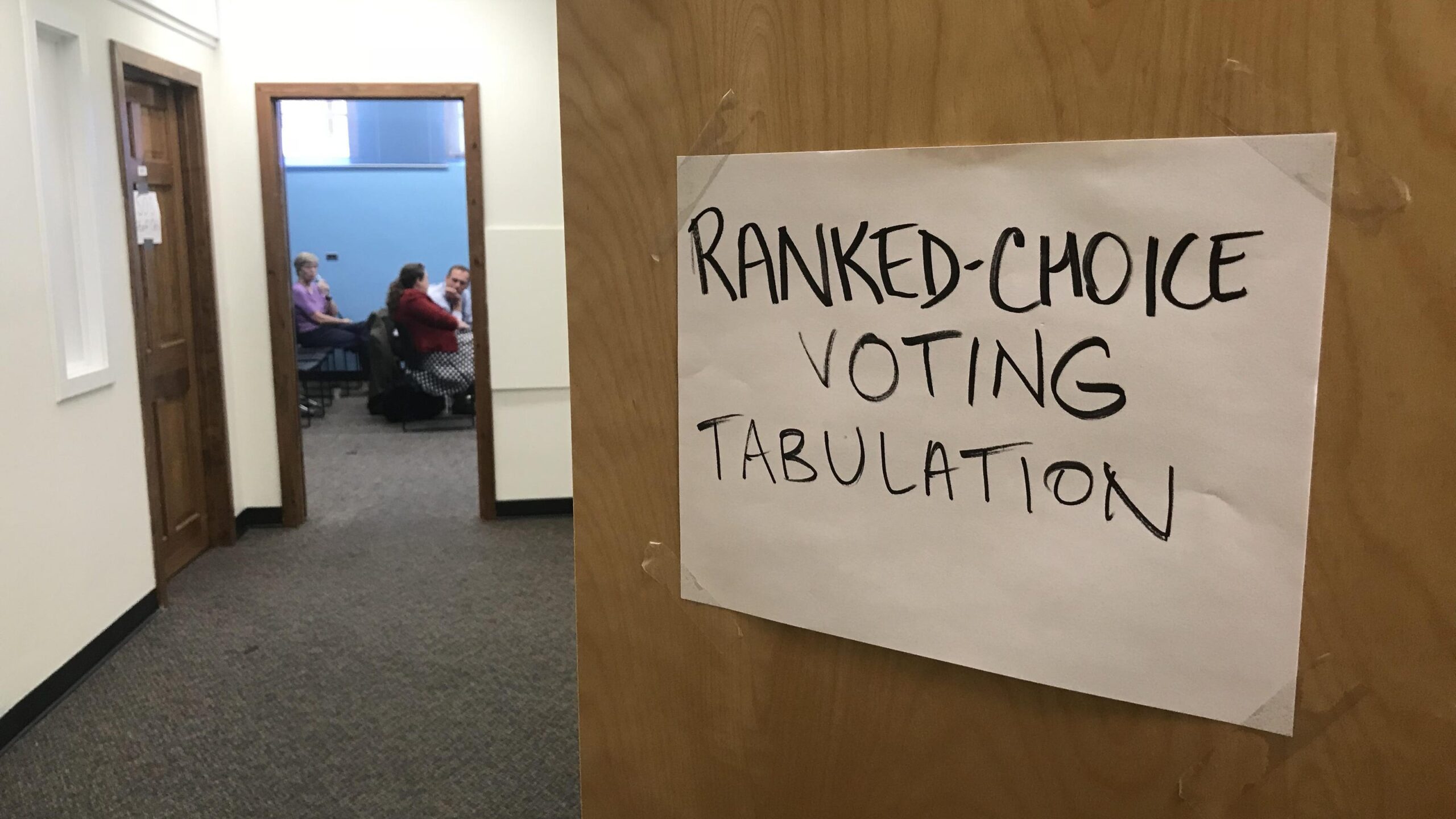
Ranked choice voting has seen its profile steadily expand since 2016, when Maine became the first state to adopt it.
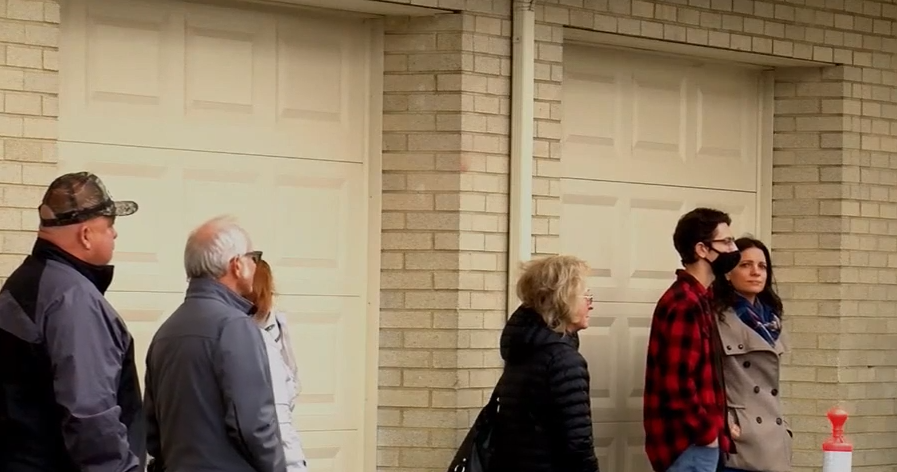
Under the initiative, every candidate will have the option to choose any party affiliation they want to represent them on the ballot.
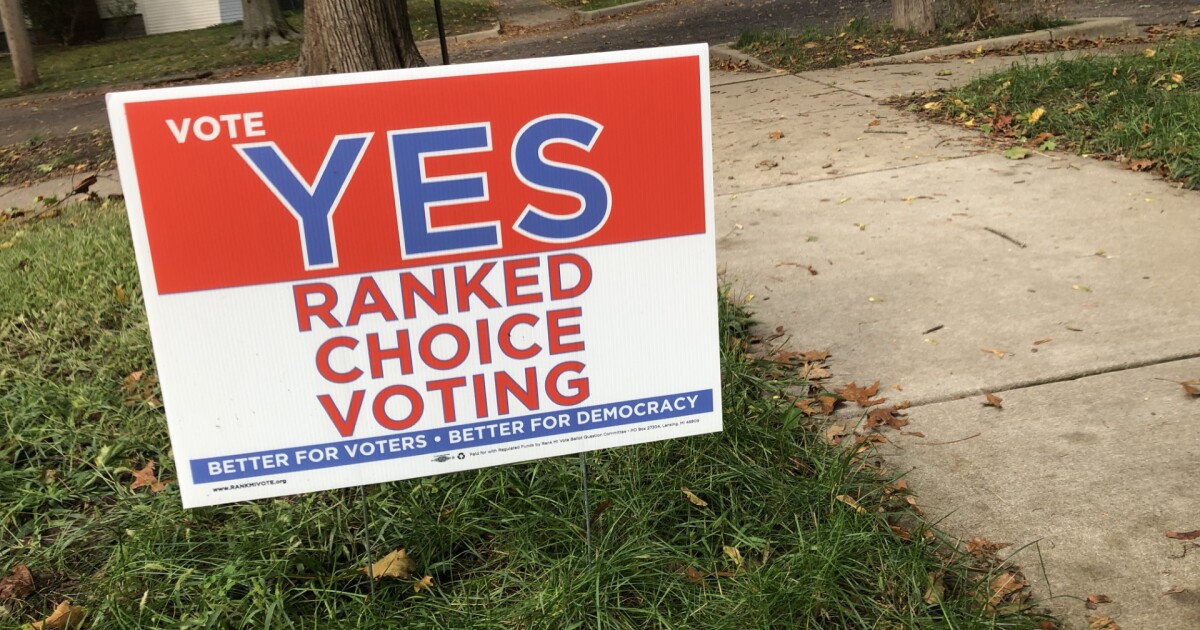
The voting system violates current state election statutes, but legislation could change that.
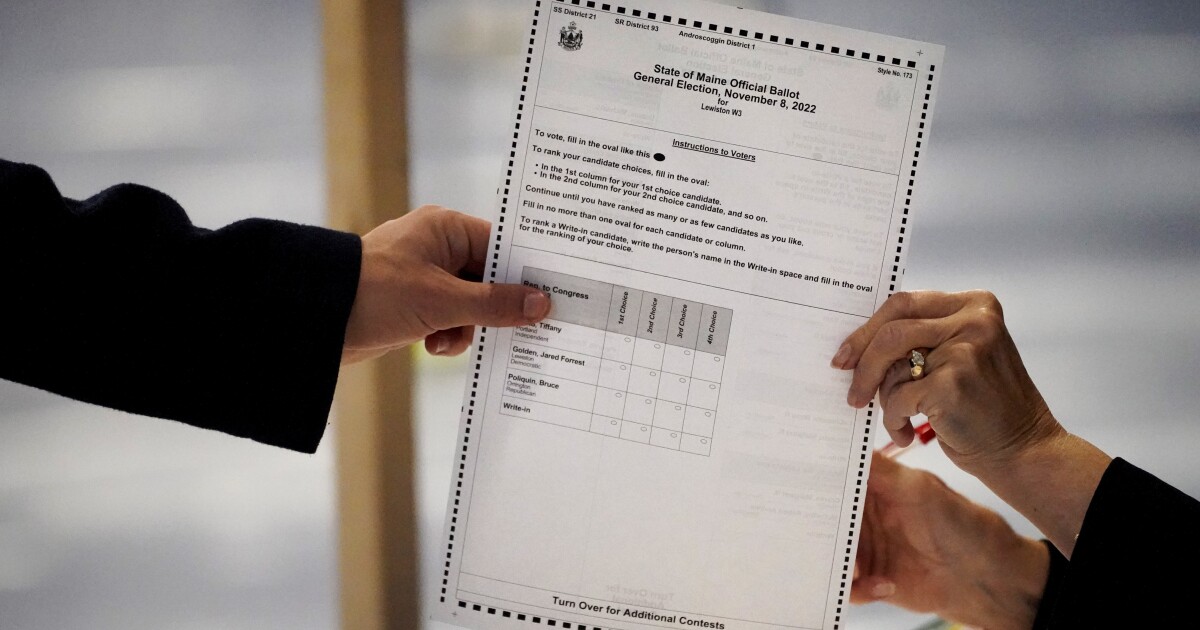
Roughly 50 American voting jurisdictions have now moved to a ranked choice voting system, and it’s shaping up to be one of the political subplots of 2024.

The Dec. 12 runoff will feature lower turnout than November, a drawn-out election season, and the risk of possible inclement winter weather.